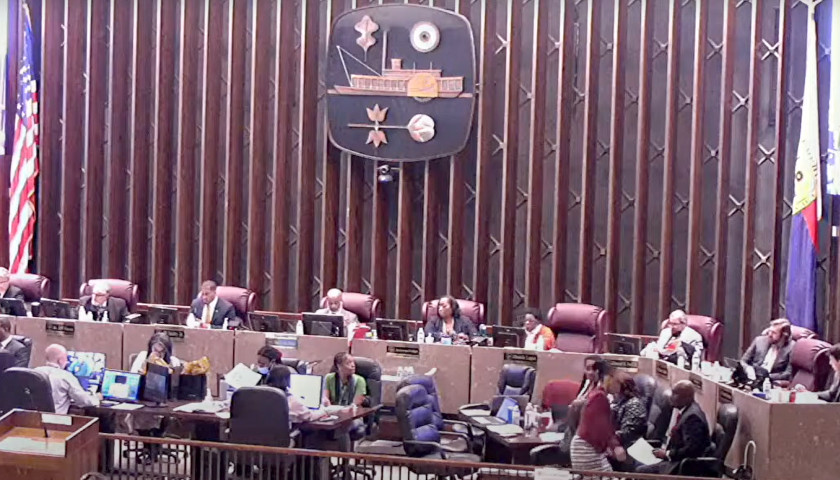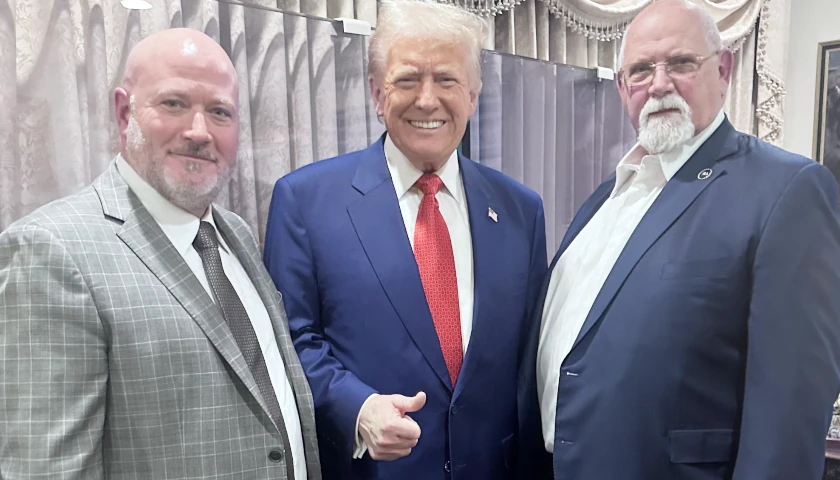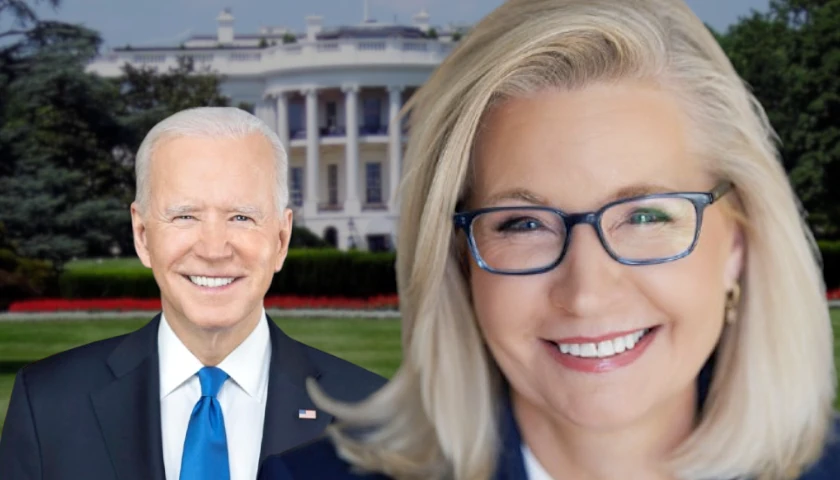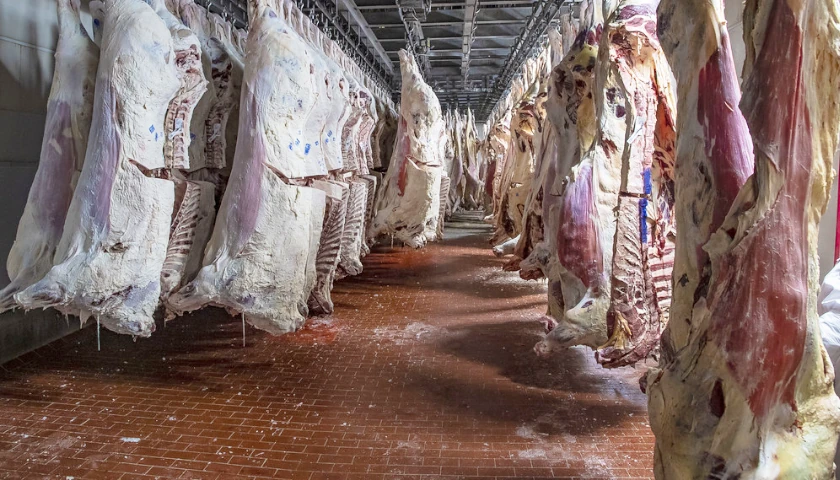The Memphis City Council voted on Tuesday to pass a resolution to formally transfer the Simmons Bank Liberty Stadium to the University of Memphis, but the vote was only held after Memphis City Councilor JB Smiley withdrew a second resolution that would have established city oversight over the stadium under the university’s ownership.
Additionally, Memphis will direct $120 million of funds granted by the Tennessee General Assembly to the university to improve the stadium’s facilities.
The Simmons Bank Liberty Stadium hosts the University of Memphis Tigers, Southern Heritage Classic, and AutoZone Liberty Bowl.
The vote was successfully passed in time for the university to benefit from a $50 million gift from FedEx founder Fred Smith, who ABC 24 noted stipulated that his donation would only be made if the university owned the stadium by the end of 2023. The university also intends to raise another $50 million for improvements, bringing the total investment to $220 million.
However, city council members were reportedly frustrated with outgoing Memphis Mayor Jim Strickland, who only made the resolution available for them to review this week.
A second resolution to provide city oversight over the stadium was withdrawn. The resolution, sponsored by Smiley, would have requested the University of Memphis Auxiliary Services Foundation, which will take ownership of the stadium on December 30, to grant the City of Memphis a board seat “with the stipulation that the appointee to this seat would specifically have a say in matters related to the Simmons Bank Liberty Stadium only.”
Memphis received $350 million in state taxpayer funds from the Tennessee General Assembly to upgrade its sports facilities. It is seeking more than $600 million in additional Tennessee taxpayer funding to make additional improvements. Additionally, Mayor-elect Paul Young recently told Memphis media that he expects his administration will ask Tennessee lawmakers for more than Strickland requested.
Tennessee Governor Bill Lee (R) suggested further investments were a possibility during an October trip to Memphis, when he called them “economic development opportunities” and “investments in jobs and economic development for a community.”
Lee’s statements contradict the recent findings of academic researchers who determined city stadiums often cost municipalities money, with researchers suggesting those who promote athletic facilities as drivers of economic developments commit the “egregious error” of “counting all economic activity associated with stadiums, teams and events as new spending,” The Center Square reported in May.
Researchers found “most of the spending in districts outside a stadium is diverted spending,” meaning consumers are spending money they would have spent elsewhere in the city, “and not new spending in an area.”
– – –
Tom Pappert is the lead reporter for The Tennessee Star, and also reports for The Georgia Star News, The Virginia Star, and the Arizona Sun Times. Follow Tom on X/Twitter. Email tips to [email protected].








